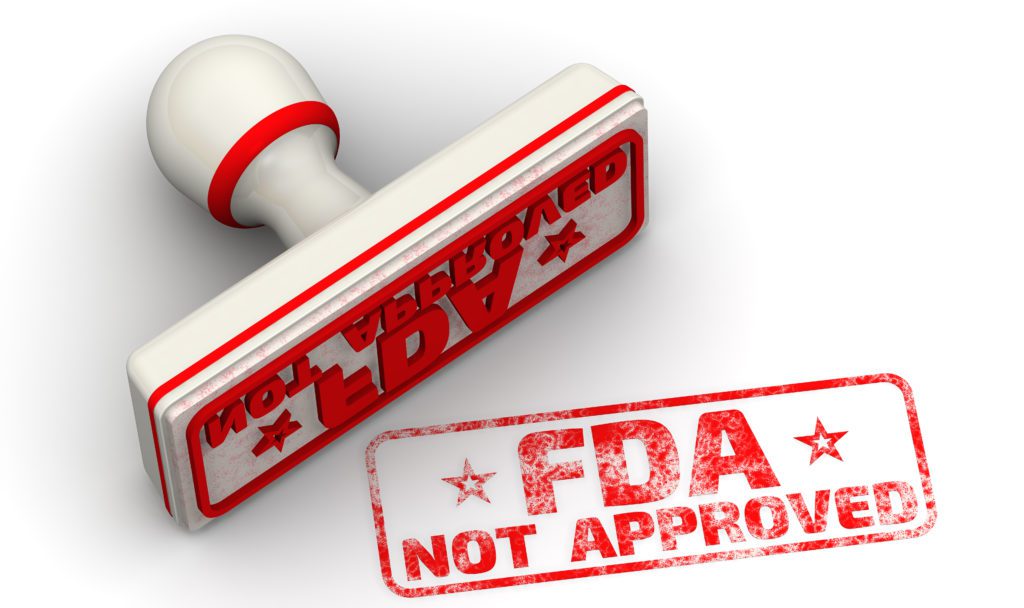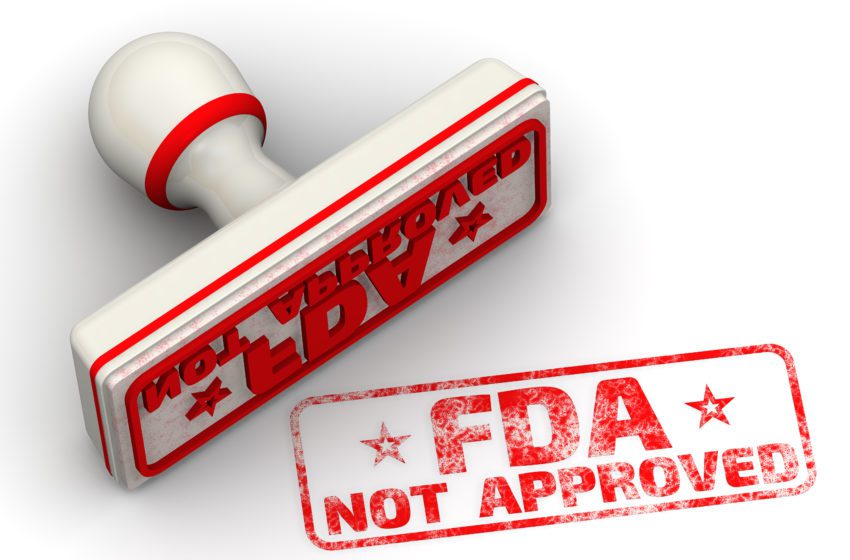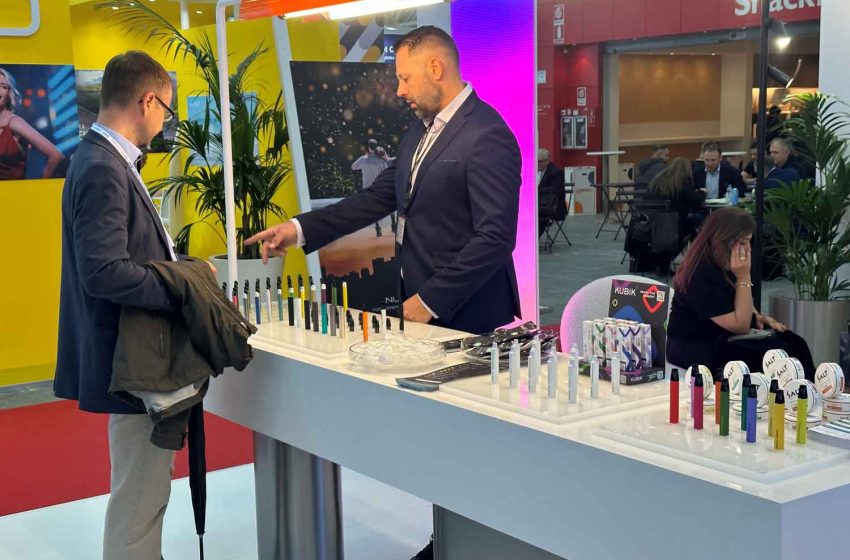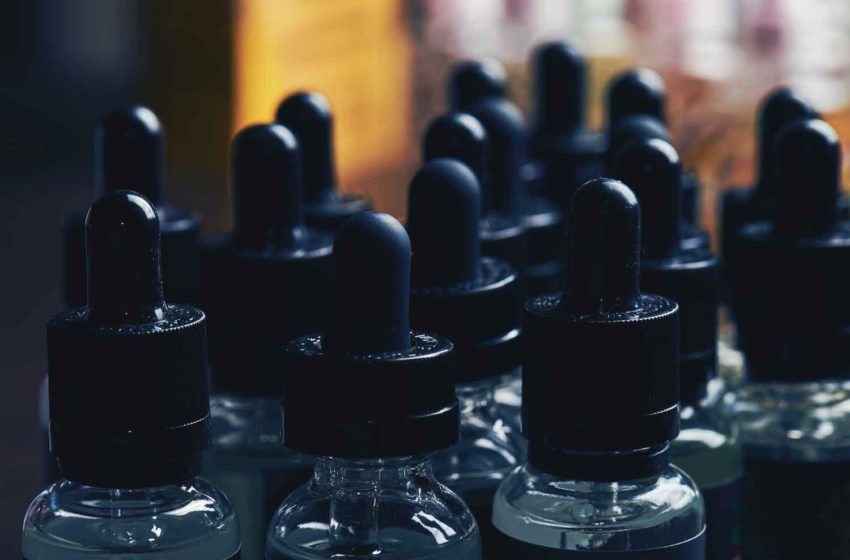There is a major trust gap in vaping among smokers, with over half now believing they’re just as harmful as cigarettes or more harmful than cigarettes.
The poll of 2,000 smokers revealed a growing distrust in switching to vapes. Nearly 38 percent who lack trust, say it could stop them from attempting to quit their smoking habits through vaping in the future.
The government’s independent Kahn Review said vaping had a central role to play in a smokefree future across the country, with more than 6.5 million people still smoking in the U.K. And evidence last year by the Office for Health Improvement and Disparities (OHID) re-confirmed that vaping was at least 95 percent less harmful than smoking.
But according to the Adult Smokers Trust in Vaping study conducted by One Poll and commissioned by SMOORE, pioneers in inhalation technology, 29 percent only trust vaping a little as a method to quit smoking, whilst 13 percent do not trust it at all.
And of those whose trust is diminishing, 35 percent cite the lack of independent long term clinical research showing vaping to be less harmful than smoking. While 31 percent are concerned about the lack of any information available about the harm profile of different vape products. Other factors that had caused a lack of trust included: negative reports and studies that smokers had come across, inconsistency of government attitudes across the world towards vaping, the growing black market for vapes, and the view of the World Health Organization on vaping.
“There’s a major push to get smokers to move to vape products, but as of now, they just do not have all the information they need to make an informed decision to switch,” said Chenxing Pei, a senior aerosol engineer at the Smoore Centre for Analysis, Testing, and Safety Assessment, in a press release publish by the U.K. Vaping Industry Association.
“It’s vital smokers are confident enough to switch, especially since health minister Neil O’Brien said the government must ‘exploit the huge potential of vaping to help adult smokers to quit.’
“But reducing or quitting is incredibly difficult, it’s imperative to give them the belief that what they are attempting isn’t going to be a waste of time.
“And if vaping is to be viewed as a credible way to quit, urgent efforts need to be made to ensure smokers trust these products to have the desired impact.”
The research also revealed how trust among these smokers could be regained, with 30 percent claiming public health campaigns promoting the evidence-based facts could turn the tide. Better education of doctors to give more advice on how vaping can be an effective way to reduce harm caused by smoking, was cited as another key way to build trust.
Meanwhile, 21 percent would welcome advertising regulations for vaping companies to be lifted—as long as they are promoting evidence from credible sources.
But confusion persists among 68 percent of smokers when it comes to understanding which products would be suitable to help quit. And 70 percent now “don’t know who to believe” when it comes to vape products.
Three quarters of smokers want information to be made available on the harm profile of the vape product at the point of purchase. With 87 percent of these saying it is important to know exactly what it is you are inhaling. Many are looking for clarification about the chemical constituents (60 percent), carbon residues (46 percent) and heavy metal content (44 percent) in their vapes.
However, of those who smoke and vape, 74 percent initially started to reduce their reliance on cigarettes, with 58 percent of these claiming they were successful.
The study coincides with Smoore establishing an independent think tank of scientific, smoking cessation and compliance experts from the U.K. and U.S. to lay the foundations for an industry-wide harm reduction rating system that can be communicated to consumers on product packaging or accessed via a QR code.
“The concept of tobacco harm reduction is not widely understood by smokers, and there are widespread misperceptions regarding the relative safety of vaping products compared with cigarette smoking among the general public,” said Ian Fearon, one of the experts on the panel, who has previously worked for Juul Labs and BAT in senior scientific and clinical roles.
“The development of a harm reduction label may help smokers to understand the reduced risk potential of vaping and encourage switching, in addition to reassuring vapers regarding the quality of the products they use and allowing them to differentiate between different products.
“Government statistics last year showed that the proportion of smokers in the U.K. was at its lowest level since records begun, a decline which was attributed largely to the major role played by vapes.
“However, the findings of this study, highlight a significant trust gap amongst adult smokers and it’s crucial for the vaping industry, government, regulators and healthcare professionals to come together to bridge it and support smokers on their quitting journey.
“It’s clear that open and transparent communication is essential in this process and to supporting the government’s ambitions for the country to go smokefree.”
Click here to view the report
















 Zinwi Biotech, a major Chinese e-liquid manufacturer, has announced it will bring its Good Flavor products to the UK Vaper Expo from May 12 – 14 in Birmingham. Attendees of the occasion will have the opportunity to witness firsthand Zinwi’s Good Flavor and will be able to customize their own flavors during the event.
Zinwi Biotech, a major Chinese e-liquid manufacturer, has announced it will bring its Good Flavor products to the UK Vaper Expo from May 12 – 14 in Birmingham. Attendees of the occasion will have the opportunity to witness firsthand Zinwi’s Good Flavor and will be able to customize their own flavors during the event.


